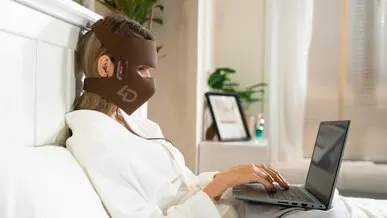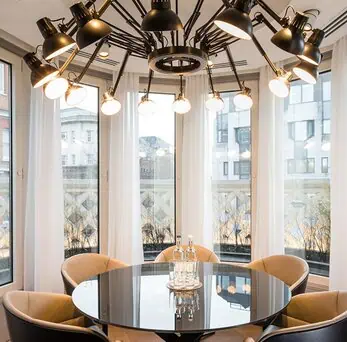The global beauty tech market size was estimated at USD 66.16 billion in 2024 and is projected to reach USD 172.99 billion by 2030, growing at a CAGR of 17.9% from 2025 to 2030. This explosive growth is being driven by rapid technological innovation, increasing consumer demand for personalized routines, and the convergence of skincare, wellness, and smart living. Whilst artificial intelligence dominates many headlines, a sizeable portion of beauty tech’s momentum comes from non-AI innovations, like smart skincare tools, connected devices, and sustainable manufacturing breakthroughs.
Skincare Gadgets
Whether you’re aiming to boost circulation, deeply cleanse your pores, or stimulate collagen production, there’s a high-tech skincare tool perfectly suited to your skin’s needs. As a result, consumer interest in at-home beauty devices continues to climb. Brands like FOREO (with its Luna thermal‑and‑sonic brushes), Philips Lumea IPL, and NuFACE (microcurrent tools) lead innovation with multifunctional devices – FOREO’s 2024 Luna 4, for instance, offers over 500 app‑customizable routines and saw a 25% sales bump within three months of launch.
Even without AI, beauty apps offer immense value, think ingredient scanners (e.g. INCI‑based tools), augmented reality (AR) try‑on features, routine trackers, and skin‑condition journals. YouCam Makeup, boasts over 590 million downloads and features virtual AR make‑overs and brand product try‑ons, though it incorporates some AI and AR, you can focus on the AR/visual side without discussing AI elements. Non‑AI apps that help consumers decode product INCI lists, track hydration or UV exposure, and schedule usage reminders remain highly popular, especially among ingredient-savvy millennials and Gen Z.


Manufacturing Technology in Beauty
On the production side, innovations such as 3D‑bioprinting and smart factories are transforming how beauty is made. L’Oréal, has invested in bioprinted synthetic skin capable of sensory feedback – reducing production time from 21–35 days to just 18 days – and scaling in‑vitro testing beyond animal models. Meanwhile Chinese brand Florasis has opened a smart factory in Hangzhou with robotics and digital defect‑detection systems, capable of producing 50 million units per year with rooftop solar power and real‑time quality monitoring. These technologies enable faster innovation cycles, sustainability, and better scalability than traditional line production.
Working with Bespoke Advantage
Bespoke Advantage is a London based international beauty brand consultancy. We are a team of experts, associates and business partners specialising in supporting our clients – award-winning entrepreneurs, well established beauty and wellness businesses, retailers, investors, trade bodies and embassies – in developing and growing their brands across the beauty and wellness marketplace. If you are looking to launch a beauty or wellness brand or you are looking for support in expanding your brand across markets, GET IN TOUCH.

